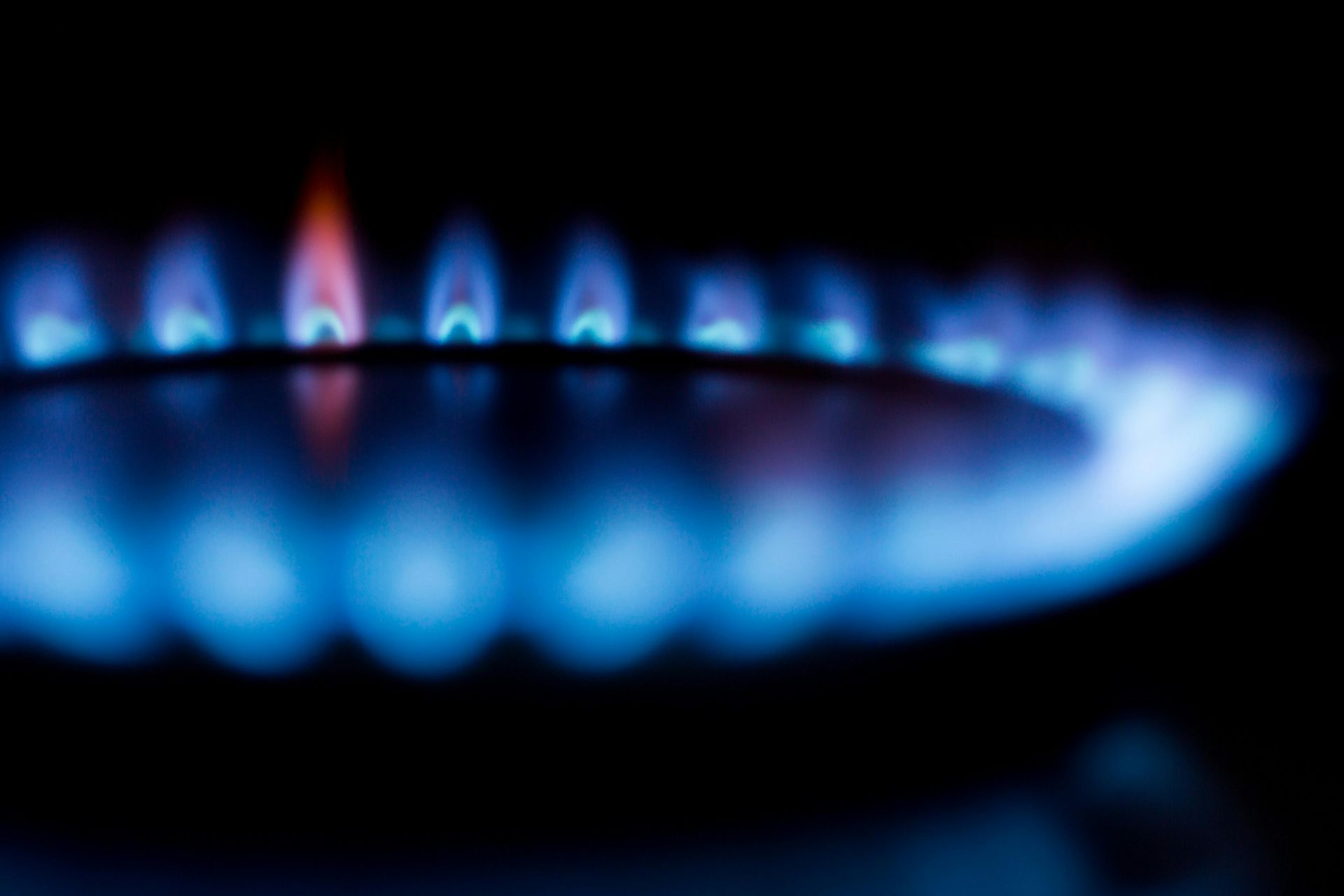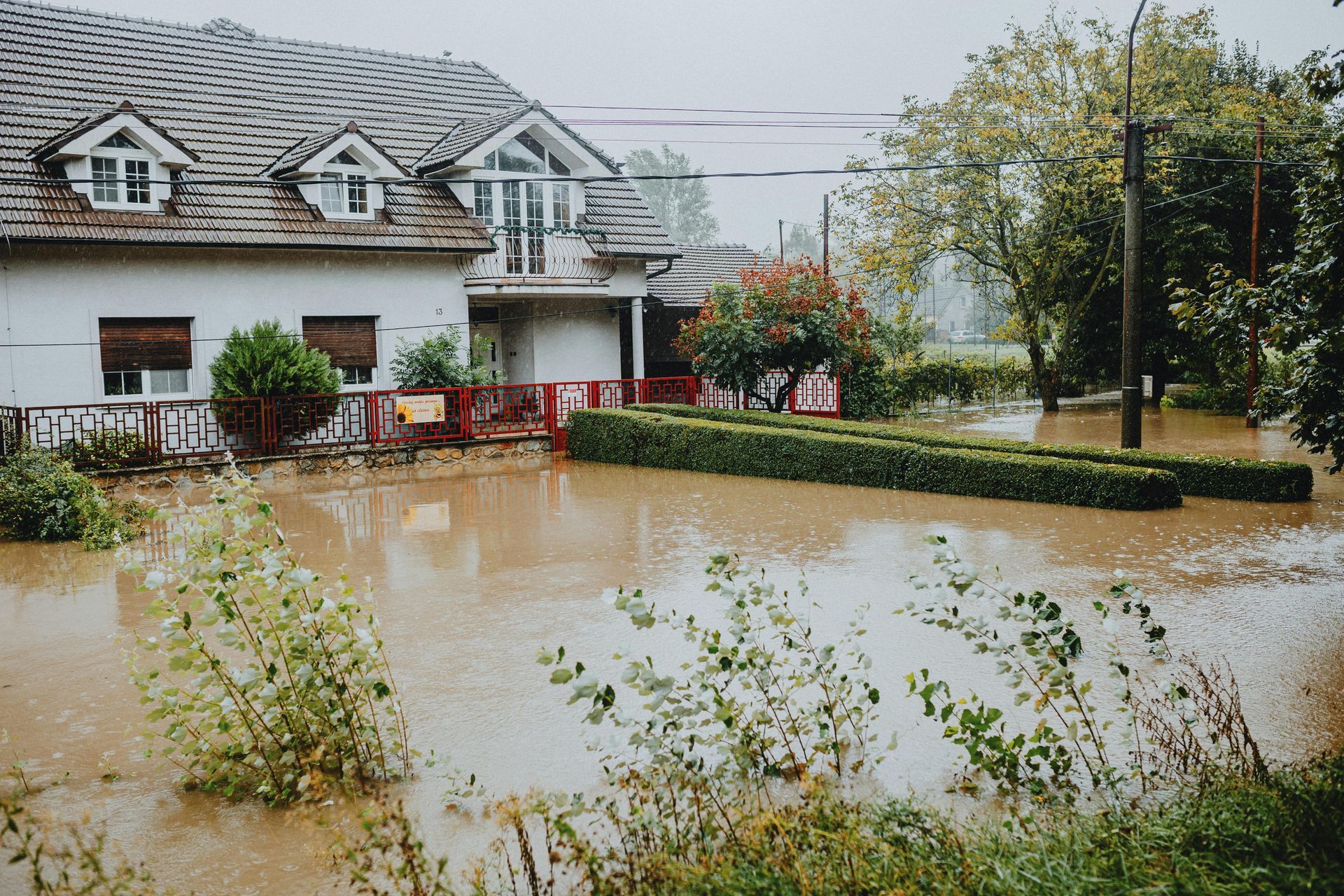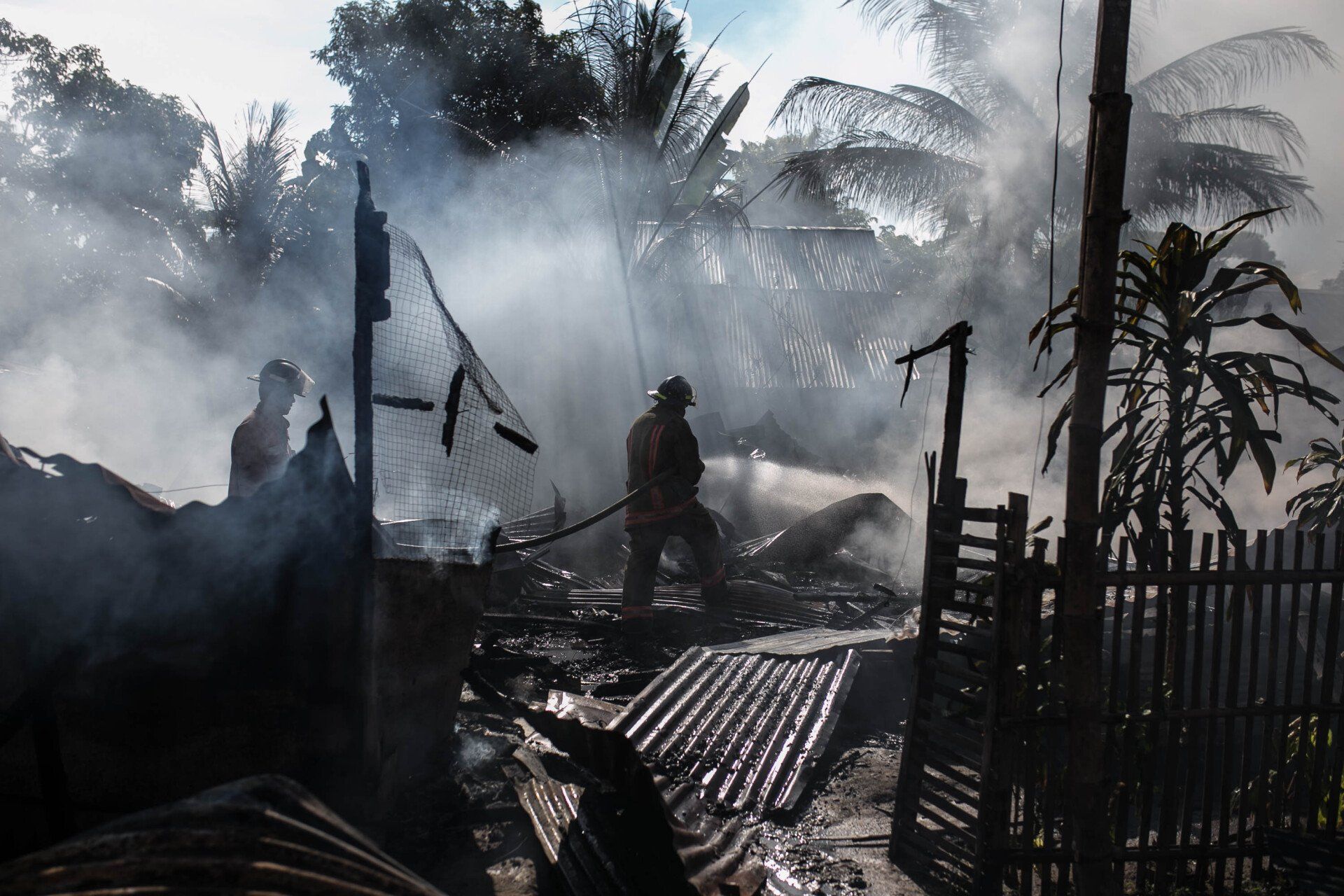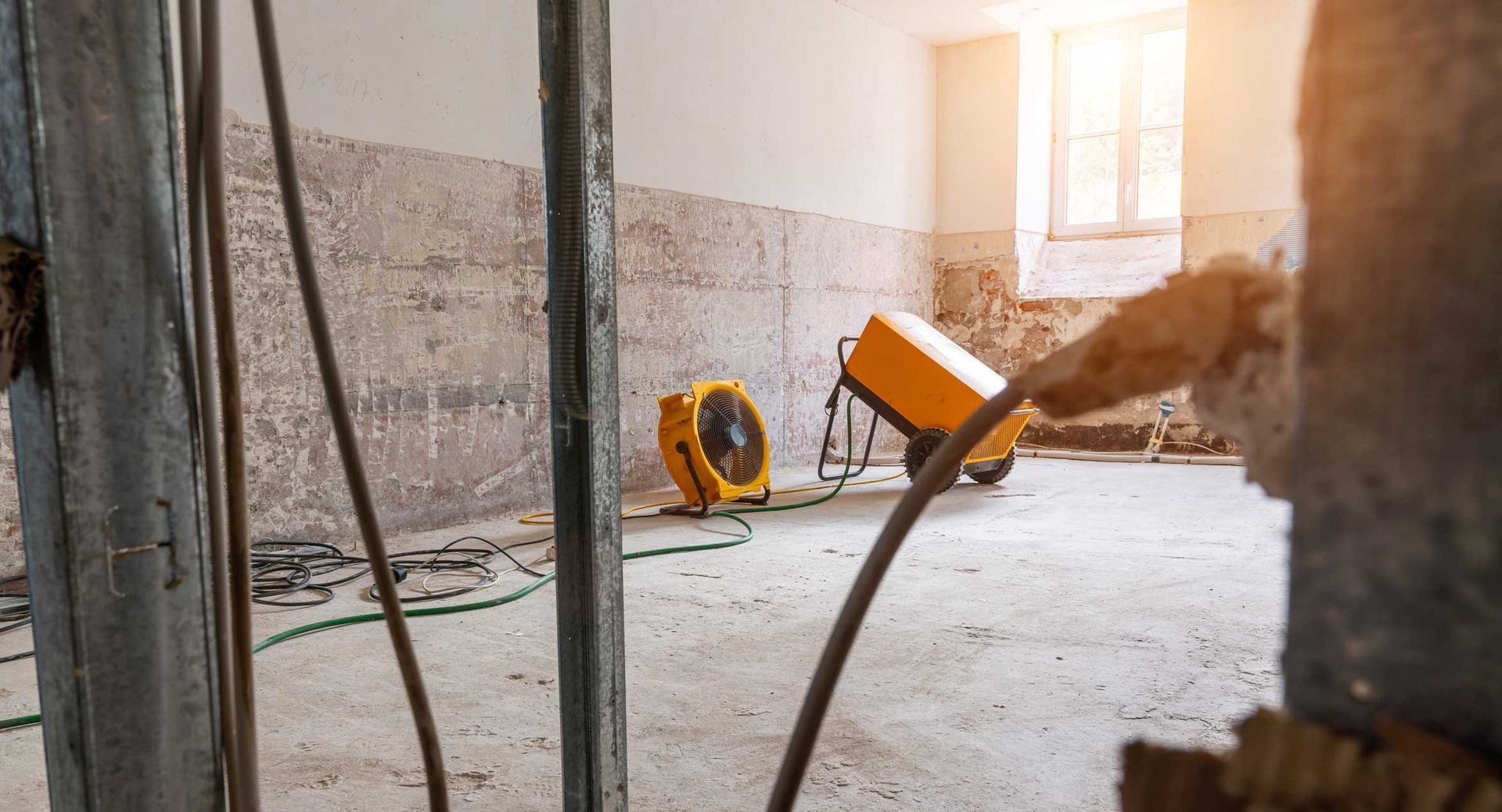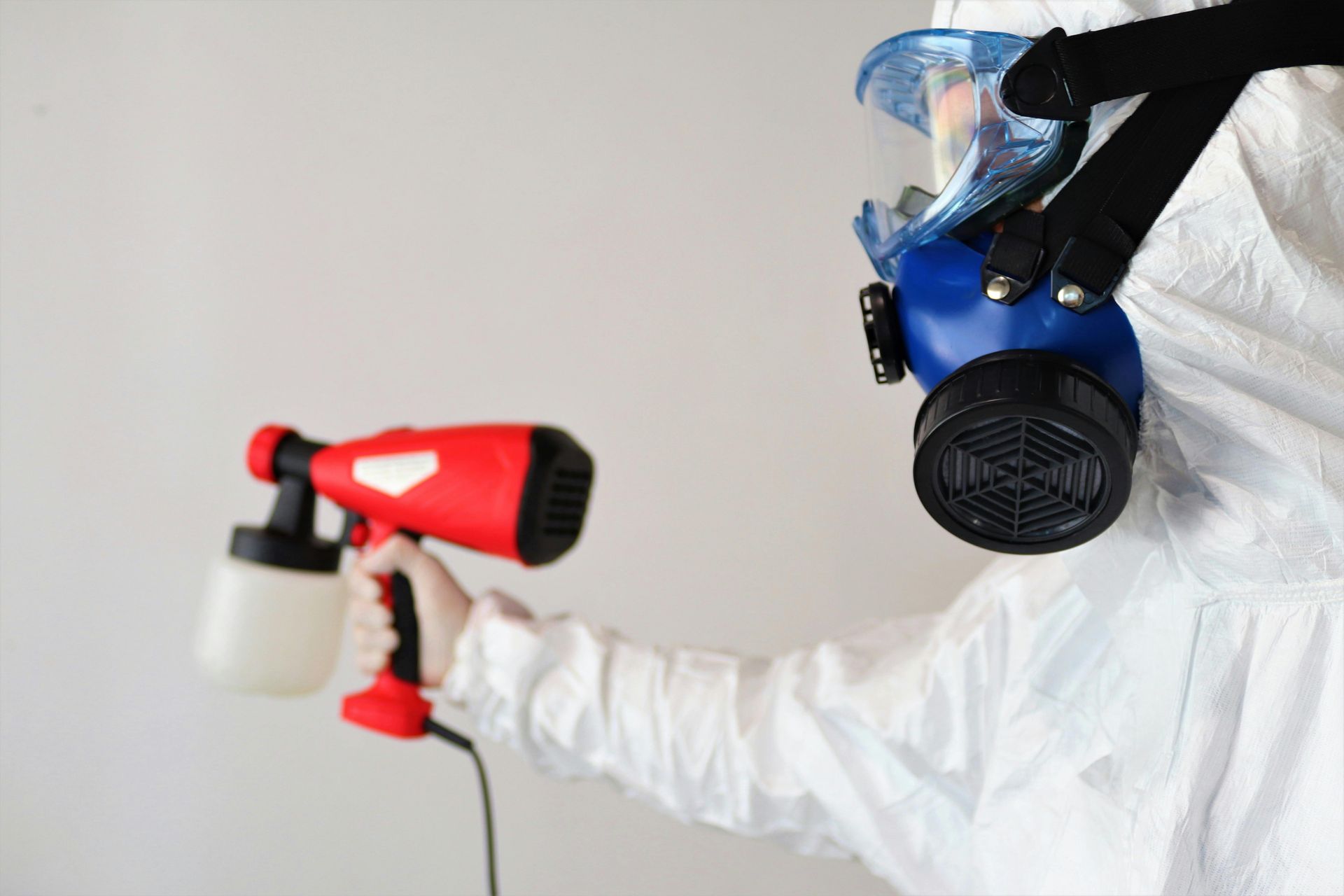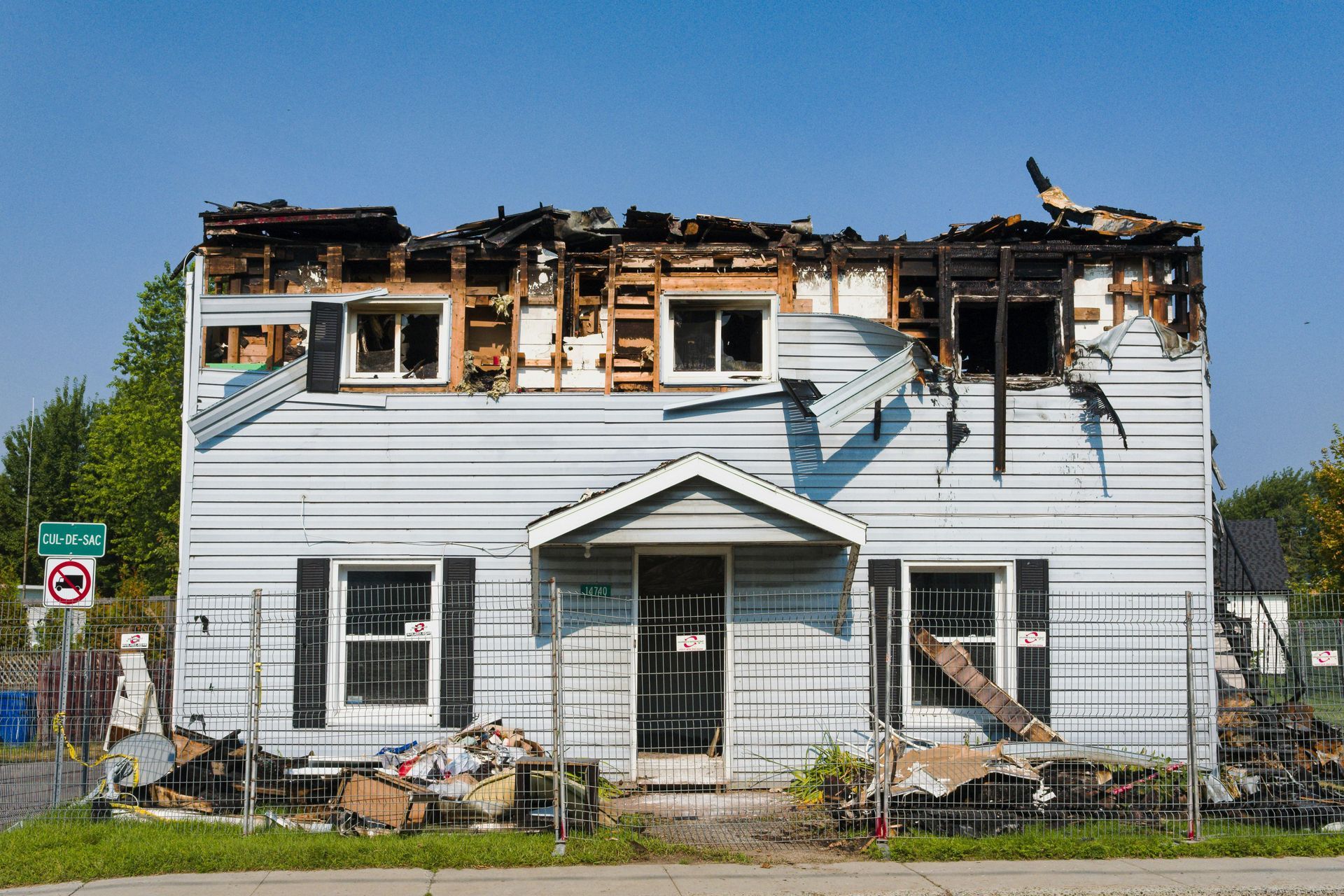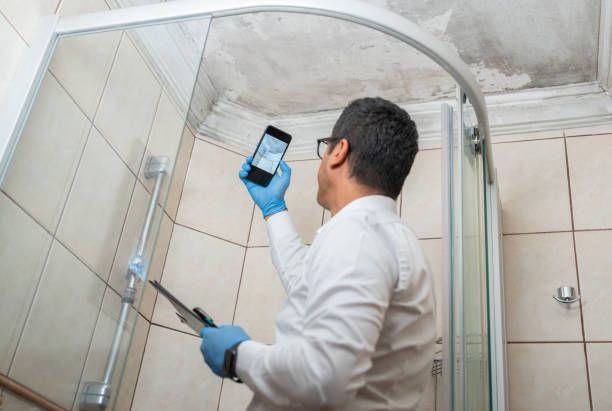The Importance of Professional Mold Remediation for Your Business
The Importance of Professional Mold Remediation for Your Business
Mold poses a significant issue for businesses, arising from water damage or humid environments. If left unaddressed, it can lead to health hazards and structural damage, affecting employee productivity and safety. Quick and professional action is key. Employing mold remediation pros ensures that mold problems are efficiently solved, safeguarding your business's environment and its occupants.
How Can Mold Impact Your Business
Mold, a type of fungus, thrives in wet or damp environments and can proliferate within 24 to 48 hours under favorable conditions. Its presence in indoor environments poses significant risks, not just to the structural integrity of buildings but also to human health. Mold exposure is linked to a range of health issues, from allergic reactions and asthma exacerbations to more severe respiratory conditions. In business premises, unchecked mold growth can cause extensive property damage - deteriorating building materials and compromising air quality. A study by the Environmental Protection Agency (EPA) emphasizes that indoor air pollutants, including mold, can be up to five times higher than outdoor levels, underlining the critical need for effective mold management in commercial settings.
Benefits of Hiring Mold Remediation Pros
Professional mold remediation offers invaluable benefits for maintaining a healthy business environment:
1. Gain Expert Knowledge and Experience
Mold remediation experts bring specialized knowledge and extensive experience, which is crucial for accurately identifying and assessing various mold types and their sources. Their expertise ensures the correct strategies are employed for effective mold removal, preventing recurrence. By understanding the specifics of each mold type, professionals can tailor their approach, ensuring a thorough and lasting solution. This proficiency not only addresses immediate mold issues but also safeguards against future growth, protecting your business's health and integrity.
2. Utilize Advanced Tools and Techniques for Better Results
Professional mold remediation companies employ advanced equipment and techniques that far surpass DIY methods. For instance, High-Efficiency Particulate Air (HEPA) vacuums capture 99.97% of mold spores, ensuring thorough air purification. Infrared cameras detect hidden moisture in walls, a common mold breeding ground, allowing for targeted remediation. These sophisticated tools not only enhance the efficiency of mold removal but also prevent its future occurrence, showcasing the superiority of professional intervention.
3. Ensure Health and Safety During Mold Removal
Amateur mold removal efforts can expose individuals to significant health risks, including respiratory issues and allergic reactions. Professional mold remediation specialists adhere to strict safety protocols, utilizing protective gear such as respirators and gloves to shield themselves and others from hazardous spores. They employ safe, systematic removal practices to ensure the health and safety of everyone involved, mitigating the risks associated with mold exposure effectively.
4. Save Money with Efficient and Effective Mold Remediation
Attempting to tackle mold through DIY efforts may seem cost-effective initially, but it often leads to incomplete removal and can exacerbate long-term costs due to recurrent or unresolved issues. Professional mold remediation services offer a comprehensive approach that ensures complete eradication, preventing potential structural damages and health issues that could result in significant financial liabilities. Neglecting mold problems not only risks escalating remediation costs but also can lead to expensive litigation and decreased property values.
5. Stay Compliant with Legal and Industry Standards
Mold remediation professionals are well-versed in the legal regulations and industry standards governing mold management, ensuring your business remains compliant. Adhering to these standards protects against legal repercussions and fines associated with non-compliance. Businesses attempting DIY mold removal risk violating these regulations, potentially facing significant financial and reputational damage. Professional services mitigate these risks, providing peace of mind and safeguarding your business's standing and operations.
6. Benefit from Post-Remediation Support and Maintenance Tips
Beyond immediate mold removal, professional mold remediation teams offer ongoing support and guidance to ensure a lasting mold-free environment. This includes post-remediation inspections to verify the effectiveness of the treatment and prevent future outbreaks. Experts also provide tailored advice on maintaining optimal humidity levels, improving ventilation, and regular monitoring - essential strategies for safeguarding your business against mold recurrence and maintaining a healthy, productive workspace.
How to Choose the Right Mold Remediation Service
Selecting the right mold remediation service is critical for ensuring your business's safety and the effectiveness of the mold removal process. Start by verifying the company's certifications and qualifications, as these indicate a high level of knowledge and adherence to industry standards. Reviewing customer feedback and testimonials can provide insights into the company's reliability and quality of service. Additionally, evaluate the range of services offered to ensure they can address your specific needs, including post-remediation support. It's also essential to discuss their approach to health and safety and whether they utilize advanced tools and techniques. Opting for a service with a comprehensive approach, from assessment to post-remediation, can safeguard your business against future mold-related issues.
Strengthen Your Business with Professional Mold Care
At Northeastern Restoration, we understand the devastating effects mold can have on your business. Our team of certified professionals employs the latest technology and proven strategies to effectively eliminate mold, ensuring your environment is healthy and compliant with all regulations. Don't risk the safety of your staff and the integrity of your building. Protect your investment with our trusted mold remediation services. Contact us today to schedule a consultation and take the first step towards a mold-free future.
